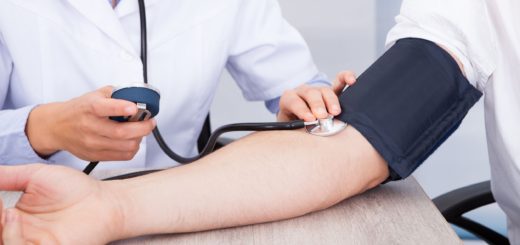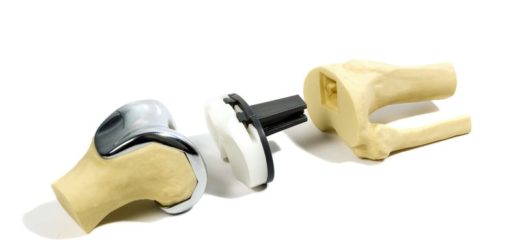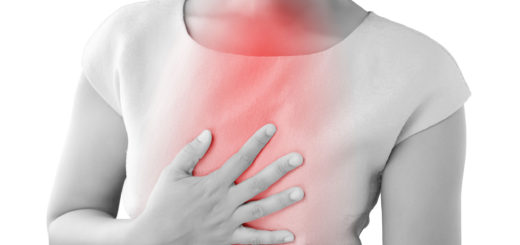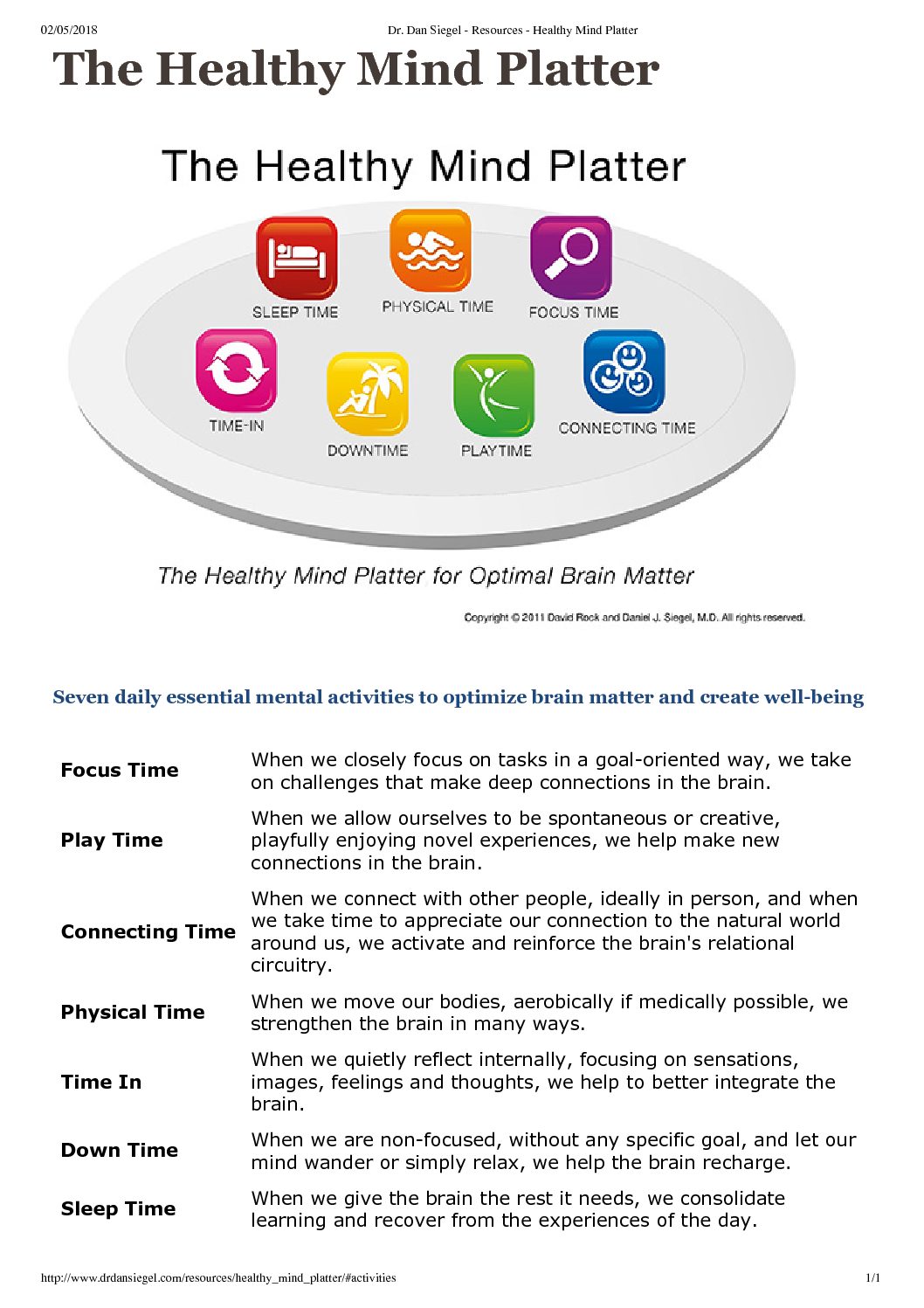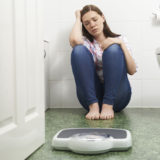Vitamin D

Vitamin D has many important functions. It is most well-known for its role in absorbing calcium and preventing osteoporosis but it is also important in reducing the risk of cancer, heart disease and depression. Surprisingly, for such an important vitamin, more research is still required to reach consensus on ideal levels and dosing.
What Problems Are Associated with low Vitamin D?
Low levels of vitamin D are associated with reduced bone density, ultimately resulting in osteoporosis and potentially fractures after minimal trauma, such as falling over. Fractures from falls are a real issue, particularly in the elderly, as they can result in long hospital stays and sometimes complications, including death. Muscle weakness from low vitamin D levels further compounds the risk of falls.
Some studies also show an association between vitamin D deficiency and an increased risk of various cancers including bowel, prostate, breast and ovarian cancer. Low vitamin D levels may also be linked to heart disease, stroke and depression.
In infants and children very low vitamin D levels can result in Rickets Disease, osteoporosis and heart failure.
What is Vitamin D?
Vitamin D is a fat-soluble vitamin that is predominantly produced by the skin after exposure to ultraviolet light (UV). It is also found naturally in some foods particularly oily fish such as salmon. Some foods, such as milk, may be commercially fortified with vitamin D. The liver and kidney convert vitamin D into a protein that aids calcium absorption from the gut.
How do I know if I’m low in Vitamin D?
Your GP can order a blood test to show if you are low in vitamin D. You may be at risk of low vitamin D if you:
- Religiously avoid the sun due to a risk of skin cancer.
- Are a shift-worker or work long hours in an office.
- Live in an institution such as an aged care facility or are house-bound.
- Cover your skin for religious or cultural reasons, particularly if you have dark skin (as dark skin reduces the absorption of UV).
- Suffer a medical condition that affects absorption of Vitamin D such as Coeliac disease, inflammatory bowel conditions or have had bypass surgery for obesity.
- Are pregnant,
- Suffer end-stage kidney or liver disease.
There is debate about what constitutes an adequate vitamin D level, however levels below 50 nmol/L are generally considered too low. Levels tend to be at their lowest at the end of Winter due to reduced exposure to ultraviolet light.
What’s The Best Way To Increase My Vitamin D Levels?
It’s difficult to get enough vitamin D from diet alone but certain foods such as oily fish and mushrooms or fortified milk contain modest amounts of vitamin D .
The best way to naturally increase your vitamin D level is by exposure to sunlight. Given Queensland is the skin cancer capital of Australia, this needs to be done with caution as excessive exposure to sunlight leads to photo-aging and skin cancer.
During the Brisbane Summer, 6-7 minutes of sunlight daily in the mid-morning or mid-afternoon with arms and face exposed is sufficient. In Winter, the advice varies according to your location but for Brisbane around 11 minutes is recommended at midday. In Hobart, almost 30 minutes is required. This advice is for moderately fair-skinned individuals, those with darker skin require 3-6 times longer exposure. Sunscreen probably impairs the production of vitamin D but studies are currently inconclusive.
If your Vitamin D levels are low, your doctor may advise you to take vitamin D supplements; ‘Ostelin’ is a common brand. The usual dose is 1000 IU (international units) per day (one capsule). If your levels are considerably low, you may be advised to take between 3000-5000IU daily for a few months first. Combination tablets of calcium with vitamin D generally don’t contain sufficient amounts of either.
For osteoporosis prevention, it’s important to supplement your calcium intake as well as vitamin D. The recommended daily adult dose of calcium is between 1000-1500 mg per day. It may be better to obtain your calcium from dietary sources rather than supplements as some studies have indicated a potential increase in the risk of heart attack and stroke with supplements but this is yet to be proven definitively. Please check with your GP before starting or stopping calcium supplements and remember, vitamin D is necessary for calcium absorption.
Can I Have Too Much Vitamin D?
It is possible to take too much vitamin D. The common side effects include nausea, vomiting, constipation, muscle pain or weakness and kidney stones.
If you would like to know more about Vitamin D please talk to your GP.



